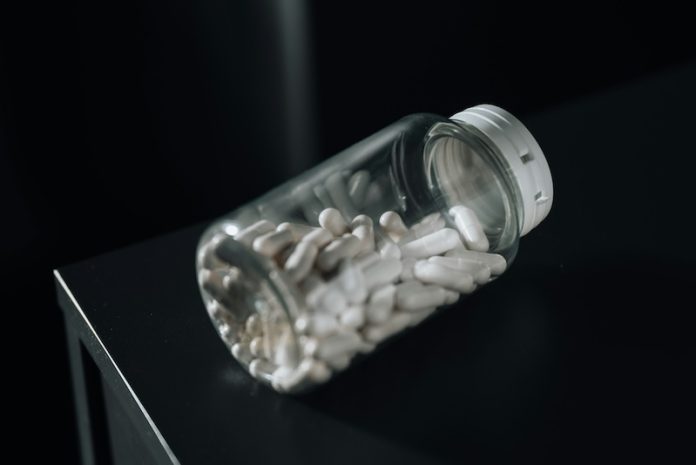
Cholesterol is a fatty substance found in our blood. Even though it often gets a bad reputation, our bodies actually need some cholesterol to stay healthy. It helps build the walls of our cells and plays a role in making hormones that keep everything running smoothly.
However, problems start when we have too much cholesterol. You can imagine your blood vessels like water pipes. If too much cholesterol builds up inside them, it can cause blockages. These blockages raise the risk of serious problems like heart attacks and strokes.
To help prevent this, many people take medicine to lower their cholesterol. These medicines reduce the amount of cholesterol in the blood, helping keep the “pipes” clear and lowering the chance of heart disease.
But like all medicines, they can have side effects. That’s why researchers from the University of South Australia recently took a closer look at how these drugs work and what effects they might have on the body.
One group of cholesterol medicines is called statins. These are some of the most commonly used drugs for lowering cholesterol. The researchers found something surprising about them. People who took statins for a while showed small changes in their brain — specifically, a part of the brain called the hippocampus, which helps with memory.
In some people, the hippocampus actually got slightly bigger. This suggests that statins might do more than protect the heart — they might also help the brain stay healthy with age.
Another type of cholesterol-lowering drug is called a PCSK9 inhibitor. These work differently than statins. They help the body remove more cholesterol from the blood. These drugs can be very effective, especially for people who can’t take statins or who need extra help lowering their cholesterol.
However, the study found that PCSK9 inhibitors might affect lung function in some people. The research team said it’s still too early to know for sure, but it’s something doctors should watch carefully, especially for people who already have breathing problems.
The study also noticed some other effects of statins. Some people taking these drugs gained weight or had an increase in body fat. In men, there were reports of lower testosterone levels, which could affect mood, energy levels, and even sleep. While not everyone has these side effects, it’s important to know that they can happen.
This research matters because it gives doctors and patients more information to work with. If you have certain health problems, like lung disease or hormone issues, your doctor might choose one type of cholesterol medicine over another. Understanding both the benefits and the risks helps people make better decisions about their health.
Cholesterol drugs like statins and PCSK9 inhibitors can be very helpful, especially when it comes to preventing heart disease. But they’re not perfect. Knowing about the possible side effects — even the unexpected ones — helps people stay safe and healthy.
If you’re taking cholesterol medicine or thinking about starting, talk openly with your doctor. Ask questions. Make sure you understand how the medicine works and what to watch out for. Working together, you and your doctor can find the best way to protect your heart and your overall health.
You can read more about this research in the British Journal of Clinical Pharmacology. And if you care about heart health, it’s a good idea to stay up to date with the latest studies. The more you know, the better choices you can make for your body and your future.
If you care about heart health, please read studies that vitamin K helps cut heart disease risk by a third, and a year of exercise reversed worrisome heart failure.
For more health information, please see recent studies about supplements that could help prevent heart disease, stroke, and results showing this food ingredient may strongly increase heart disease death risk.
Copyright © 2025 Knowridge Science Report. All rights reserved.



